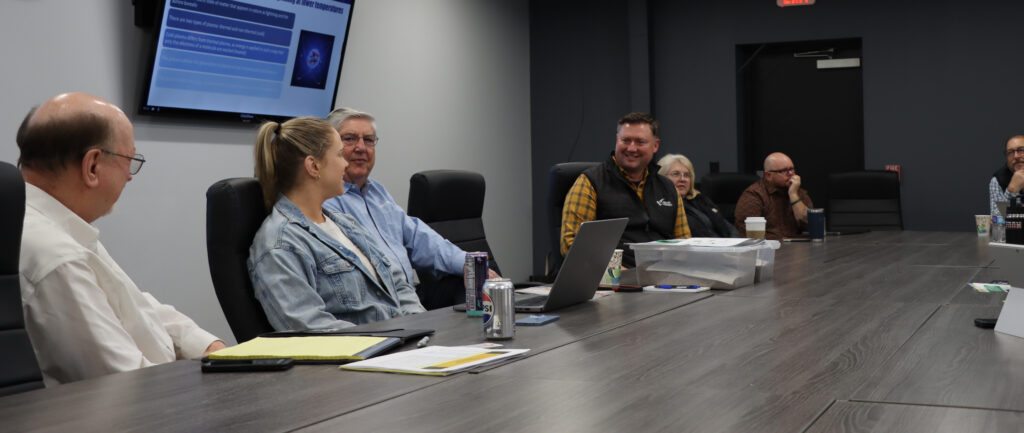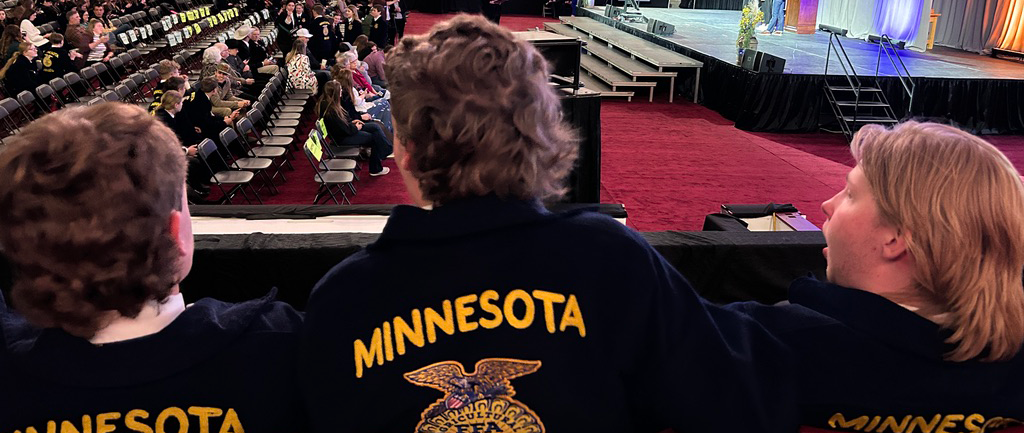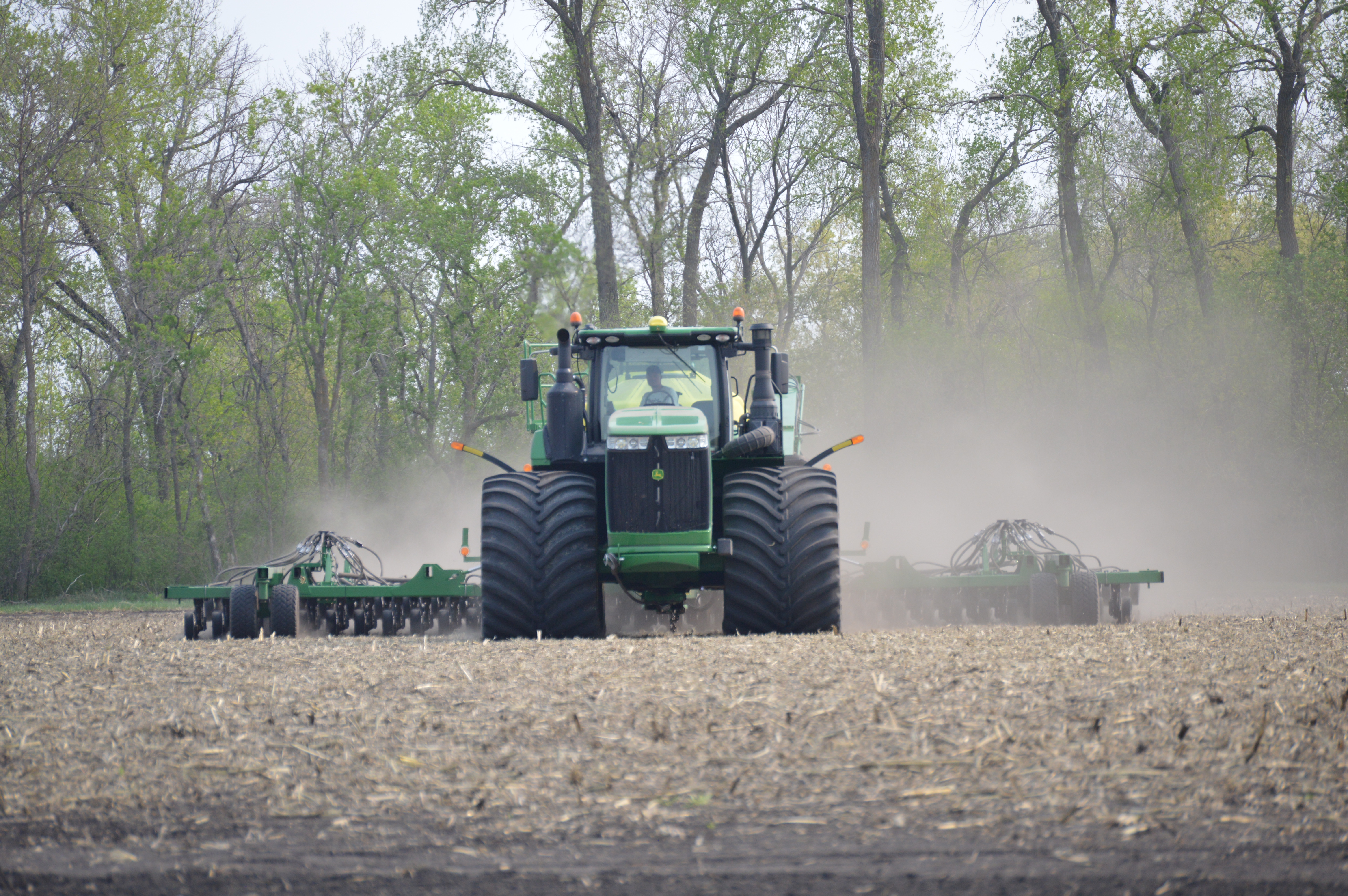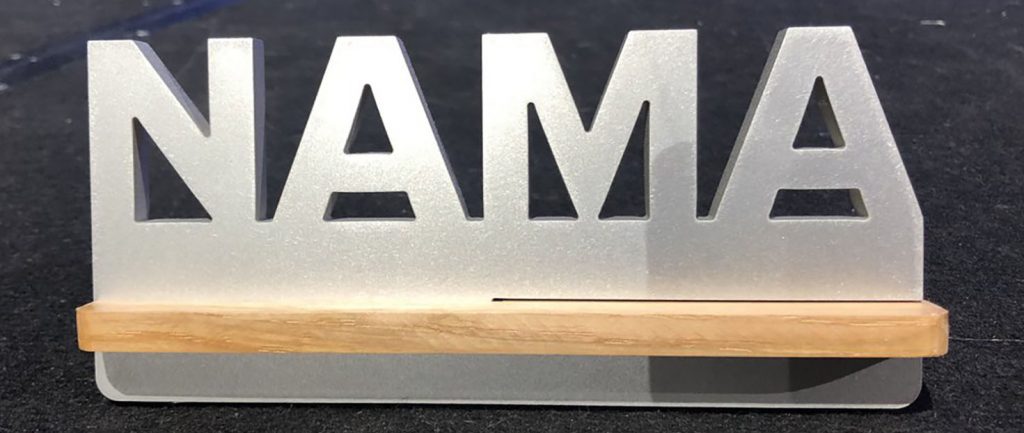From the hospital to the office, leaders in the biobased industry are planting seeds for new, innovative uses for soy.
Sponsored by the Minnesota Soybean Research & Promotion Council and the soy checkoff, the Agricultural Utilization Research Institute’s (AURI) 2024 New Uses Forum focused on ideas set out to accelerate innovation and invest in value-added food and agriculture.
Forum speaker Brandon Day is the COO of The Yield Lab Institute, the nonprofit arm of the Yield Lab, a global federation of funds that invest in early stage agtech startups and innovations. He helped launch The Soy Challenge, which focused on driving innovation and technology for new and novel uses of soybean meal.
One Soy Challenge finalist, Clean Label Solution, transforms dairy and beef farming by simultaneously boosting milk and meat production while curbing enteric methane emissions with innovative soy-based feed. Another startup focusing on soy’s healing powers, NeuEsse is creating a human skin substitute made from soy protein. The company says its readily available skin has healed full-thickness wounds with minimal to no scarring.
With a goal to be a leader in sustainability, Renewable Green Composites, LLC is a company that says it brings novel, practical sustainable solutions to the plastics industry by making plastic materials from agricultural products.
And don’t underestimate the possibility of soy when it comes to the office. Ag startup Cellyfill has developed cushion products as a fully sustainable alternative to Polyurethane foam, or polyfoam cushioning.
Leaders in the bioindustry agree: The future is bright, as long as likeminded people continue to plant the seed and recognize the true value of the miracle bean.
“My hope is that efforts like the Ag Innovation Campus, where you can actually test these kind of things as long as they work in tandem with investors like us get these things to a point where they become full-fledged product and that will bring value to the farmer,” Day said.







